How to Be a Budget Gourmet
Is it possible to be a budget gourmet? As the economy in many parts of the world spirals downward, this is a question more and more gourmands are asking. The answer is “yes,” if you spend time instead of money, and use a little creative thinking.
Here are some tips to make everything from appetizers to entrees to desserts easier on your wallet.
Selecting Recipes
As you pour over Our Deer or your favorite cookbooks, pay special attention to ingredients.
Those with hard-to-find or expensive ingredients (like saffron or foie gras) are fine to make once in a while, but for everyday cooking, try to find gourmet meals with easier to find and less costly ingredients.
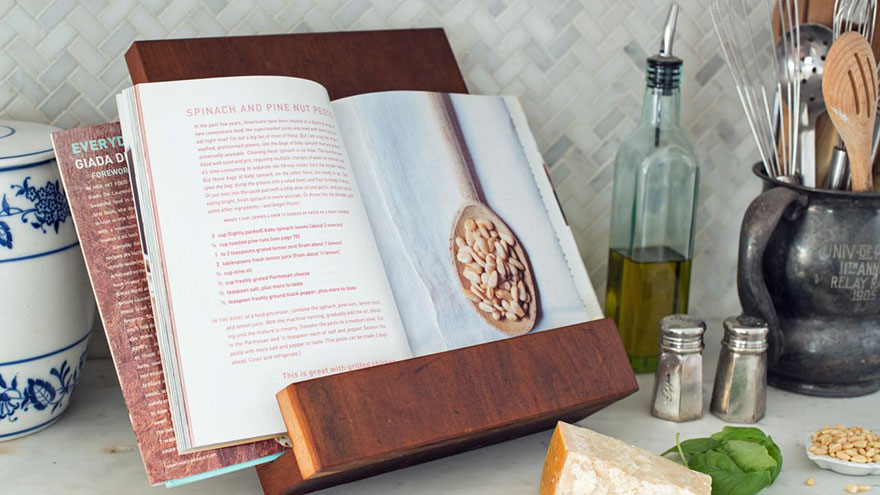
Substitutions
Sometimes less expensive ingredients make good substitutes for more expensive ingredients. For example, if you have a recipe that calls for buttermilk, you’ll spend about $3 for a 1/2 gallon – and chances are, you’ll end up pouring most of it down the sink because you have no use for it.
To save a few bucks, for every cup of buttermilk that’s called for in a recipe, substitute a cup of ordinary milk with 1 tablespoon of white vinegar or lemon juice added to it. Or, use a container of plain yogurt. Sometimes you’ll find you like the substitution better than what the recipe originally called for.
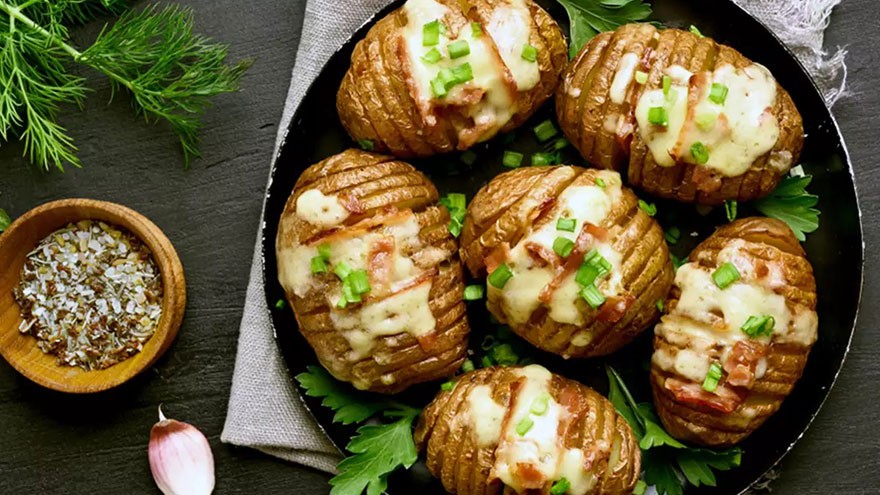
Where You Shop Matters
For years, I shopped at the local supermarket, never realizing the large chain discount store down the street was half the cost. That’s right – the groceries were 50% cheaper! It’s true the meat and produce are often not as good at discount super stores, but you’ll still save money by buying most of your groceries on the cheap, then buying a few select items at a more expensive store.
It also pays to consider sources other than supermarkets. For example, ethnic markets often carry food products for less money, and sometimes farmer’s markets offer cheaper produce, too.
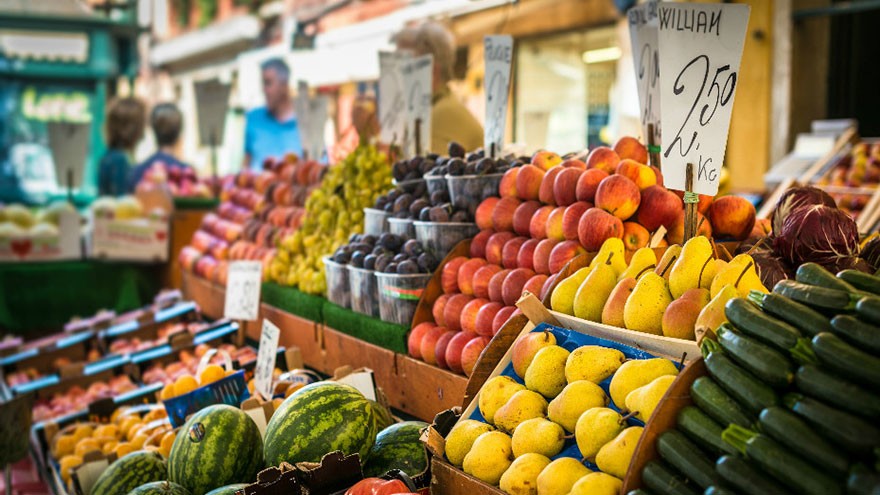
What’s in Season?
When it comes to produce, buying whatever is in season is almost always less expensive.
And if you find a good deal, buy extra and freeze it for times when that item isn’t in season.
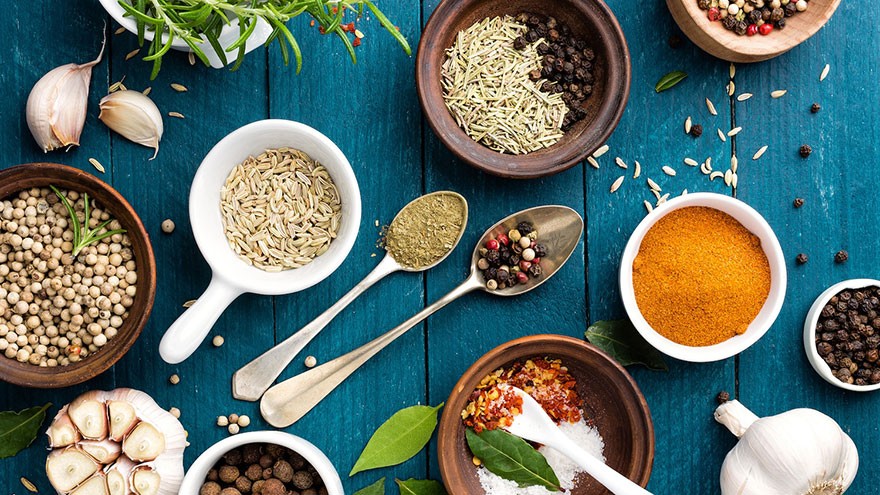
Less Expensive Meat
Learn to make a cheaper cut of meat taste like it’s of higher quality. When it comes to steak, for example, this is as easy as planning ahead a little and covering the steak with kosher or sea salt. Let it sit at room temperature for an hour, then remove all the salt and pat dry.
Sometimes frozen meats and seafood are a good choice, too. For example, it usually costs more to buy “fresh” chicken breasts than it does a bag of individually frozen chicken breasts.
The quality is at least as good, if not better, since “fresh” breasts can sit in the store for a considerable time before being cooked and frozen meats are usually frozen while at their peak of freshness.
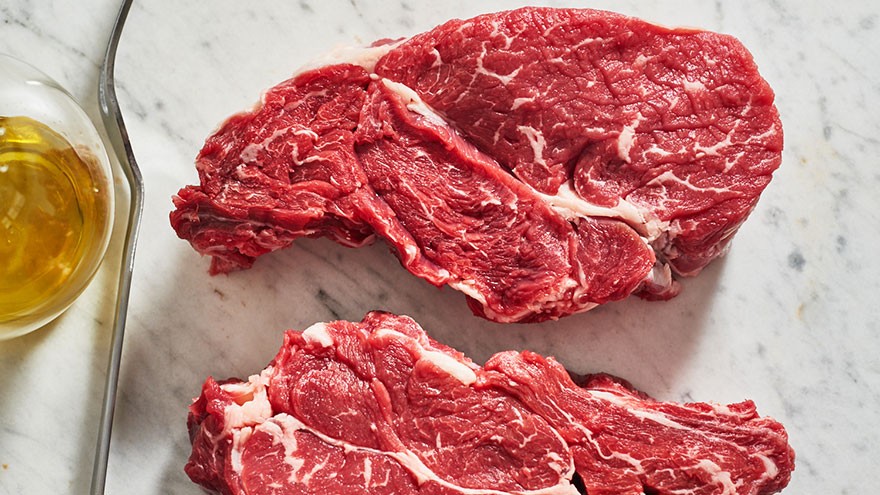
Grow It
Even if you’ve never gardened before, you can learn to grow herbs in pots on a sunny windowsill, saving a considerable sum of money in one year. If you have some gardening experience, now’s the time to start growing your own produce.
Even city dwellers can usually find a sunny location for a pot or two of veggies, and those in the suburbs can often grow all their own vegetables – and perhaps some of their own fruits, too. Learn to can or freeze what you can’t eat while the produce is in season.
And remember, in most regions, produce growing isn’t limited to summer. Try early spring and autumn gardens. With a little effort, many people can even maintain a winter garden.
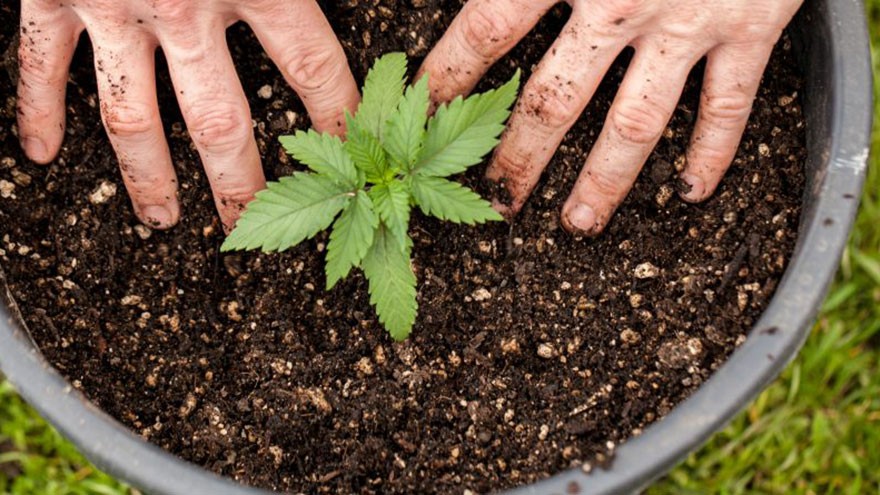
Check out the video version of this article on YouTube

